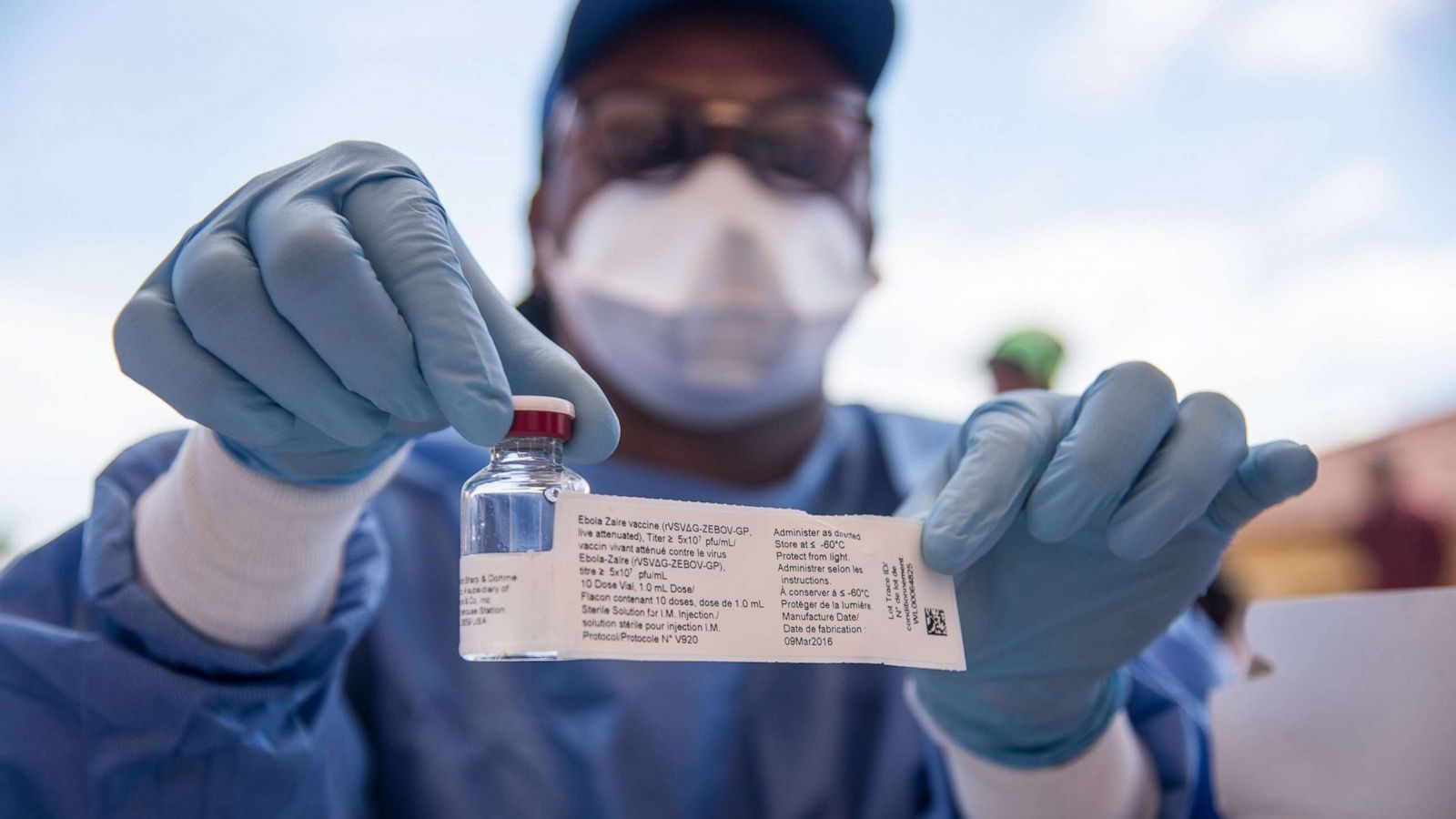
Two Ebola vaccines show immune response lasting for at least a year, says study
The Ebola virus has been a cause of concern for the global health community for several decades. The virus causes a severe and often fatal illness and has caused several outbreaks in Africa. In recent years, two vaccines have been developed to prevent the spread of the Ebola virus, and a recent study has shown that both of these vaccines provide an immune response that lasts for at least a year.
The two vaccines that were studied are known as rVSV-ZEBOV and Ad26.ZEBOV-GP. Both of these vaccines use a viral vector to deliver genetic material from the Ebola virus into the body. This triggers an immune response, which helps to protect the person from getting infected with the Ebola virus in the future.
The study was conducted by a team of researchers from several different institutions, including the World Health Organization (WHO) and the U.S. National Institutes of Health (NIH). The researchers enrolled over 7,000 participants in the study, who received either one or two doses of one of the two vaccines.
The participants were followed for a period of one year, during which time the researchers collected blood samples from them to measure their immune response to the vaccines. The results of the study showed that both vaccines provided a robust immune response that lasted for at least a year. The researchers found that even a single dose of the vaccines was enough to provide a strong and sustained immune response.
Furthermore, the researchers found that the immune response was similar regardless of whether the participants received one or two doses of the vaccine.
These results are significant because they demonstrate that the two Ebola vaccines are highly effective at preventing the spread of the virus. They also suggest that the vaccines may be useful in controlling future outbreaks of the Ebola virus. By providing a strong and sustained immune response, the vaccines can help to protect the most vulnerable populations, such as healthcare workers, who are at the greatest risk of getting infected with the virus.
The results of the study also have important implications for future vaccine development. By showing that a single dose of the vaccine provides a robust immune response, the researchers have opened the door for the development of simplified vaccination strategies. This could be particularly important in resource-limited settings, where access to vaccines and healthcare services is limited.
Conclusion
The results of this study are highly encouraging for the global health community. They show that the two Ebola vaccines are highly effective at providing a strong and sustained immune response that lasts for at least a year. These results suggest that the vaccines may be useful in controlling future outbreaks of the Ebola virus, and they also have important implications for future vaccine development.
By demonstrating the effectiveness of a single dose of the vaccine, the researchers have opened the door for the development of simplified vaccination strategies, which could be particularly important in resource-limited settings.
Visit DocMode for Courses and lectures





